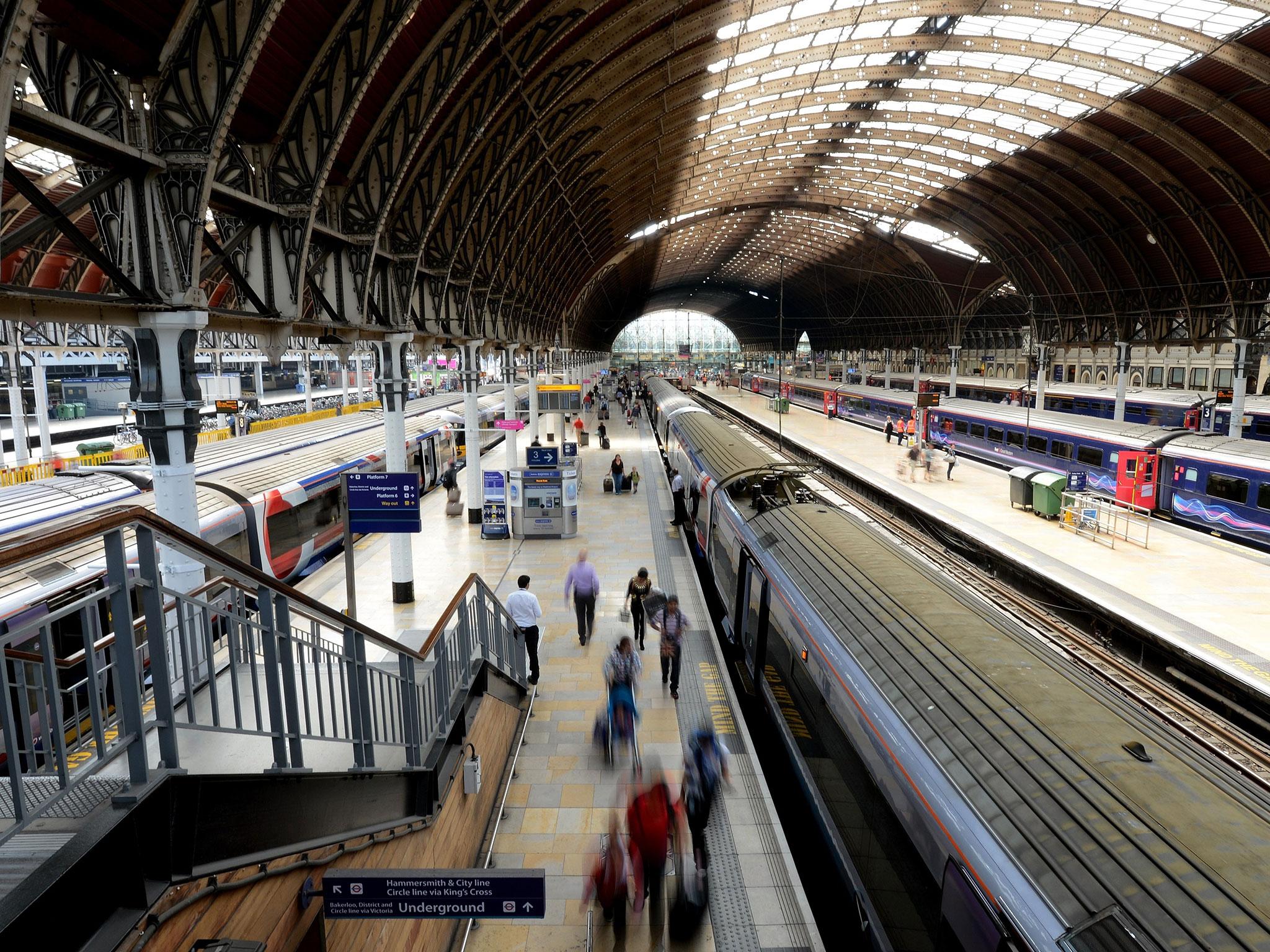Rail fares 'increasingly divorced from reality' as prices go up 1.1% for new year
Claire Perry, the rail minister, said earnings were outpacing fares for the first time in a decade

Rail passengers face a fresh round of fare increases today, provoking accusations that the cost of rail travel is outpacing high street prices, which are largely stagnant.
Average ticket prices will go up by 1.1 per cent in England, Wales and Scotland, which ministers said was below the annual increases in wage levels.
But Labour countered that the latest wave of rises means commuters are paying 25 per cent more for season tickets than when David Cameron became Prime Minister.
The average rise for regulated fares, which account for about half of tickets and include annual passes, has been limited to a maximum of 1 per cent, but there are no restrictions on unregulated fares, such as off-peak tickets.
A 12-month season ticket between Basingstoke and London will cost £4,196, an increase of £40, while commuters from Gloucester to Birmingham will have to pay £3,896, a rise of £36.
Bruce Williamson, of the campaign group Railfuture, claimed that fares were “increasingly divorced from reality” as the Consumer Price Index showed high street prices had been stagnant for more than a year.
Anthony Smith, chief executive of the watchdog Transport Focus, said: “In some parts of the country, given rail performance has been so dire, passengers will be amazed there are any fare rises at all.”
Labour repeated its call for the nationalisation of rail services as it released research concluding that passengers had been hit by a “truly staggering” rise of up to £2,000 in cash terms since 2010.
Lilian Greenwood, the shadow Transport Secretary, said: “Out-of-touch ministers talk about delivering ‘fair fares for comfortable commuting’ but this is a world away from the overcrowded carriages and unreliable services that are increasingly characterising our network.
“Passengers were always told that higher fares were necessary to fund investment, but vital projects have been delayed by years and essential maintenance works have been put on hold.”
But the rail minister, Claire Perry, said: “We’ve put a stop to inflation-busting increases in regulated fares until 2020. This will save the average season ticket holder £425 in this Parliament and means earnings are outstripping rail fare increases for the first time in a decade.”
Paul Plummer, chief executive of the Rail Delivery Group, which represents train operators and Network Rail, said: “We know that nobody likes to pay more to travel by train, especially to get to work, and at 1.1 per cent this is the smallest average increase in fares for six years.
“On average 97p in every pound from fares is spent on trains, staff and other running costs.”
Punctuality figures published by Network Rail show that more than one in 10 trains (10.7 per cent) arrived at their final destination at least five minutes late in the past year.
Mick Cash, general secretary of the Rail, Maritime and Transport union, said: “Passengers are left paying through the nose to travel on unreliable and overcrowded services.
“Meanwhile, vast profits are being bled from our railways with huge amounts siphoned off by European state rail companies to subsidise their own domestic rail operations.
Subscribe to Independent Premium to bookmark this article
Want to bookmark your favourite articles and stories to read or reference later? Start your Independent Premium subscription today.

Join our commenting forum
Join thought-provoking conversations, follow other Independent readers and see their replies